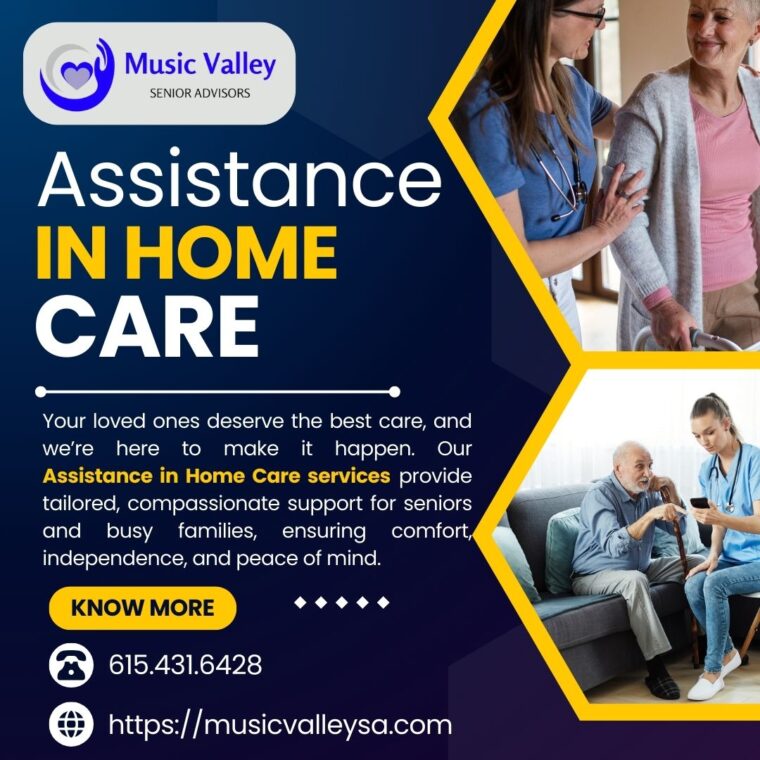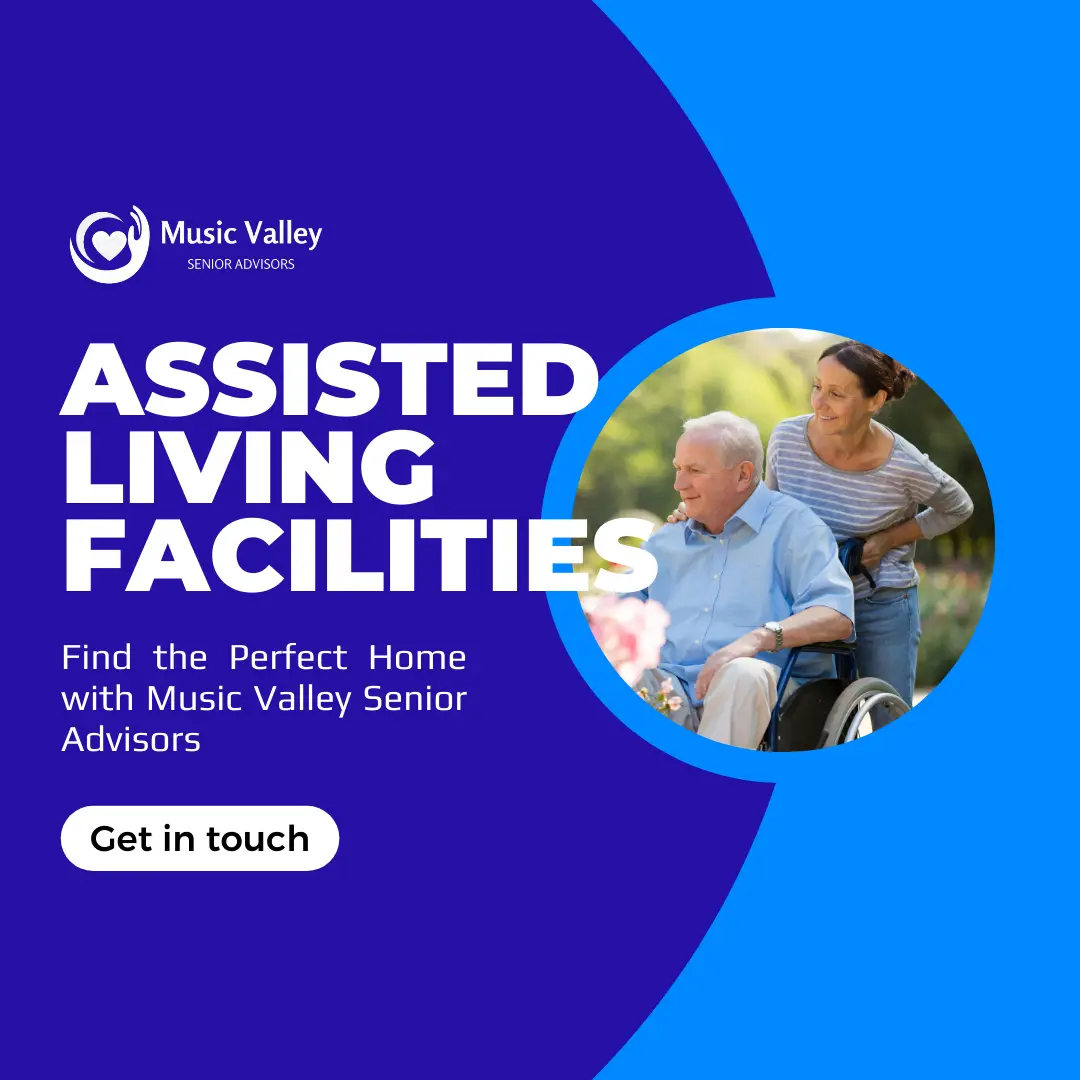Caring for a loved one at home can be quite a job, but you don’t have to do it alone. There are options like 24-hour care and Assistance in Home Care that come right to your door. Plus, The challenge of providing round-the-clock care while managing your own life can be overwhelming. From personal hygiene to medication management, the responsibilities seem endless. But don’t worry – you’re not alone in this journey.
These services make sure seniors stay safe and sound in their own homes – where they love to be. For people needing support day and night or specialized medical help, this is good news. They maintain comfort without having to move away from familiar settings.
Now let’s discuss the perks of receiving care at home.

Around-the-Clock Home Care: Why It Matters
Around-the-clock home care really matters for seniors and their families. It means your loved one can stay in the comfort of their own home while getting the help they need, day or night. This kind of care keeps families involved since you can visit anytime without worry about visiting hours like in some facilities.
| Benefits | Description |
| Safety | Constant supervision |
| Support | Immediate assistance |
| Comfort | Familiar environment |
What’s great is that as things change with your senior’s health, so does the care plan. If they just got out of hospital and need extra attention, no problem. Their caregiver adjusts to give them what they need when it changes over time.
By choosing this sort of service from Music Valley Adult Care Services, you’re not only picking top-notch support but also keeping your family member where they feel happiest. With caring pros ready to step in at any hour, everyone sleeps a little better knowing someone’s always there for Mom or Dad if needed!
And hey, if thinking about setting up services feels overwhelming don’t hesitate; call us right away. We’re here to guide each step.
Skilled Home Nursing Care: The Ultimate Guide
Skilled home nursing care is like having a personal medical team in your own house. Nurses come to you, and help with things like taking medicine, checking blood pressure or other vital signs, and making sure wounds are healing right. They also offer support – think of it as having someone there who helps you stay clean, get dressed comfortably if mobility’s tough for them.
But that’s not all, these nurses lend an ear when people feel alone – their company means so much more than just health benefits. And for those dealing with serious stuff like memory problems or needing comfort near the end of life? Custom plans ensure they’re looked after properly.
Surely one big plus is people don’t have to go back and forth to hospitals as often which saves time and money! Yet challenges pop up too: Sometimes places lack enough services or caregivers might get really tired helping full-time at home without a break. That’s why keeping open talk between everyone involved becomes super important – sharing thoughts can improve how care happens!
So remember this: When someone close gets skilled nursing at home be supportive by chatting lots with nurses adding input about what works best knowing advocacy goes far toward positive outcomes all around.
Personal Care Support
Personal care support includes assistance with daily living activities:
- Bathing and grooming
- Dressing
- Toileting
- Meal preparation
- Medication reminders
Companionship Services
| Service | Description |
| Social interaction | Engaging in conversations and activities |
| Emotional support | Providing companionship and comfort |
| Light housekeeping | Helping with basic household tasks |
Skilled Nursing Care
Skilled nursing care involves medical services provided by licensed professionals:
- Wound care
- IV therapy
- Medication management
- Vital signs monitoring
Therapy and Rehabilitation
Therapy services aid in recovery and maintaining independence:
- Physical therapy
- Occupational therapy
- Speech therapy
How to Receive Family Caregiver Compensation
You can get paid for taking care of your family. Every state has different rules, but they all offer help. To start, contact the Eldercare Locator or local Area Agencies on Aging to find resources close to you.
They’ll connect you with programs that provide money and other kinds of aid. For example, in 2014 over 700,000 caregivers received services through the National Family Caregiver Support Program (NFCSP). This program offers things like help finding services (over 1 million assists!), counseling and training sessions.
More than a hundred thousand families got this kind of support! Plus nearly six million hours were given to give caregivers a break. Most people who’ve used Assistance in Home Care say it really helped them be better at caring for their loved ones longer than they could have alone.
Almost nine out of ten felt more capable as caregivers thanks to the service! If none of those options work out for funding history shows stable financial backing so there’s always hope each year.
Top Tips for Hiring a Caregiver for a Family Member
Taking care of someone can wear you out. It’s tough work, and it might make you feel worn down or even get sick more easily. If caring for a loved one is making you skip your own check-ups or if stress has become your buddy, watch out!
That ongoing pressure isn’t good; it could lead to serious health issues or burnout. Listen up, here are signs that shout ‘Help!’ – feeling super tired all the time, getting angry quick, losing sleep or interest in fun stuff. If this sounds like what’s happening to you now don’t ignore it!
Even when far away from who we care for our worry doesn’t stop. Guilt nags at us about not being there enough which often means missing work too much due to travel back and forth. It feels hard sometimes but asking individuals for help matters especially before things get way too much.
When friends offer aid take their hand – they wouldn’t ask if they didn’t want to pitch in! Don’t try doing everything solo because later on many caregivers regret not sharing the load sooner with others around them.
Best Tips for Hiring a Caregiver for a Family Member
- Define needs and create a job description
- Screen candidates thoroughly
- Conduct in-person interviews
- Check references and background
- Discuss expectations and compensation
| Tip | Importance |
| Define needs | High |
| Screen candidates | Critical |
| In-person interviews | Essential |
| Check references | Crucial |
| Discuss expectations | Vital |
Hiring the right caregiver requires careful consideration. Start by clearly outlining your family member’s needs and creating a detailed job description. Thoroughly screen candidates, conduct face-to-face interviews, and verify references. Finally, discuss expectations and compensation to ensure a good fit.
Why Choose Assistance in Home Care Services?
Choosing Assistance in Home Care services means someone is always there to help with daily tasks like shopping, cleaning, and cooking. This kind of support allows older adults to stay at home and keep their independence. Each person gets a plan that fits just what they need.
Maybe it’s regular housekeeping or maybe it’s full-time care. Safety is super important too. With the right gear in place such as grab bars and non-slip rugs, homes can be set up so seniors are less likely to fall or get hurt.
Sometimes when family members take on caring roles without a break, they can feel really tired out both in body and mind. That’s known as caregiver burnout. Having a professional caregiver come into the house gives these family helpers the chance for some rest time knowing their loved one is still getting good care.
Also let’s talk money. Home care generally costs less than nursing homes or other types of live-in places (like assisted living facilities). You also only pay for the hours you actually need which helps save dollars too!
Remember this: staying safe at your own place doesn’t have to cost much but brings peace of mind. And choosing 24-hour home assistance could make this happen nicely! If you want more info about how all this works, don’t hesitate reaching out for guidance.
Family Caregiver Compensation: Eligibility Explained
If you’re caring for a loved one at home, it’s important to know that you might get paid. This could really help if caregiving has cost you time or money. Money troubles can make caregivers feel very stressed and tired.
Now, Medicaid and the VA may pay family caregivers in some cases. But who gets this help depends on lots of things like where they live, how much money they have, and military service records. Medicaid lets seniors pick someone to care for them at home.
Even an adult child or sometimes a spouse – through different programs based on where they live. These helpers must follow special care plans made by doctors with input from the caregiver which includes what happens when caregivers cannot work suddenly. Also good to remember is each state might offer extra support but rules about getting this cash aren’t all the same everywhere; factors include living costs and financial need among others.
For Medicaid’s HCBS waiver program, there are income requirements and often long waitlists, so planning ahead is important. Caretakers will likely go through background checks, require proper training, and must sign up officially within the system, filling timesheets regularly to ensure timely payment. With self-directed PAS everything’s more flexible letting older adults appoint anyone close including relatives or pals giving complete control over personal assistance services meaning payments come directly after certain conditions met thus easing load significantly.
Skilled Home Nursing Care: A Lifesaver for Seniors
Skilled home nursing care brings many benefits for seniors right at home. It’s like having a professional caregiver without moving to assisted living. This kind of care gives regular medical check-ups, helps with medicines, and offers therapy sessions if needed.
For everyday life tasks that might be tough, there’s help too. Having this one-on-one support means the care fits your senior parent perfectly. Plans consider their health needs and what they want out of life.
Plus it tends to cost less because you only pay for the help you need not all-day service or staying in a place full-time. Bethesda provides these services so your loved ones get top-notch care while feeling comfy at home whether they need rehab after an injury or someone to make sure they take their pills on time.
Assistance at Home: Caregivers for Every Need
When you’re looking at home care, it’s smart to expect changes over time. Maybe right now, you need someone just for a short while – like after surgery. But later on, your needs might grow and you’ll want help that sticks around.
Start by having individuals who can assist with personal stuff, things like bathing or dressing up. They also handle household tasks which free up a lot of your day: tidying up the house, taking care of the yard work, making meals – even managing bills. Music Valley Assistance in Home Care come in for giving meds or helping out with medical gear if needed.
Plus they take charge when there’s an emergency fall. And don’t forget about simple fixes at home to keep things safe. A well-lit place without loose stair rails makes all the difference sometimes!
If money is tight? Look into aid programs through local groups or government resources. They’re often available to make safety updates more affordable.
Lastly remember this too. If during daytime hours no one’s around because they’re working. You’ve got backup choices from adult day services providing social times and activities to volunteers stopping by just so you aren’t alone.
Balancing Family and Caregiving: Support Options
You might find yourself juggling work and care for a loved one. But there are ways to manage this balance. Check your company’s policy on the Family Medical Leave Act (FMLA).
You may qualify for up to 12 weeks of unpaid leave without risking your job if certain conditions apply. Don’t hesitate to talk with your human resources department about flexible hours or time off. They can help you figure out the best option given your situation.
Meanwhile, in-home care services can be lifesavers when it comes to filling gaps in caregiving schedules. Whether it’s just a few weekly hours or full-time support while you’re at work. This means someone skilled is preparing meals, assisting with personal hygiene needs, providing transportation and companionship so that when you get home from work rather than doing chores.
You’re spending quality time together. For more assistance and options tailored specifically for family caregivers striving for equilibrium between their careers and caring roles, consider reaching out to local agencies offering respite care services like Compassionate Nursing Services who understand these unique challenges.
You’re thinking about home care, you want the best help for your loved ones. It’s a big step to bring someone into your family circle. The right aid makes life easier and keeps those you cherish safe and happy at home.
You deserve peace of mind knowing they have quality support; it allows them to maintain their independence while getting the necessary assistance. Truly, finding compassionate, professional caregivers can uplift everyone involved – transforming daily living into moments filled with comfort and joy in familiar surroundings at Music Valley Home Care.




